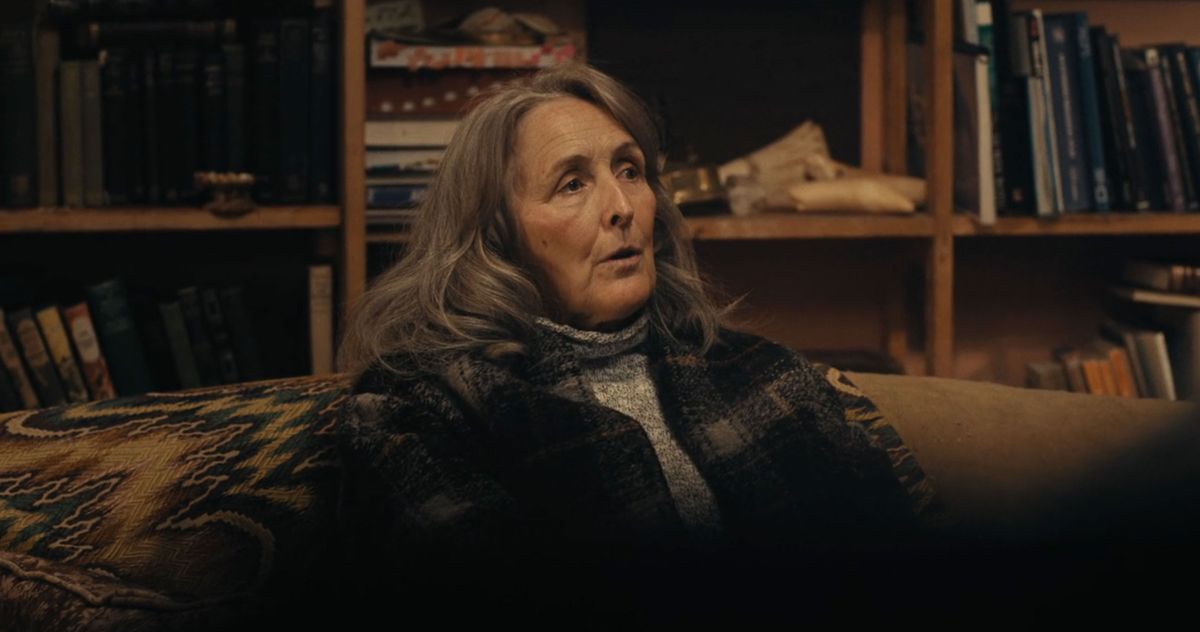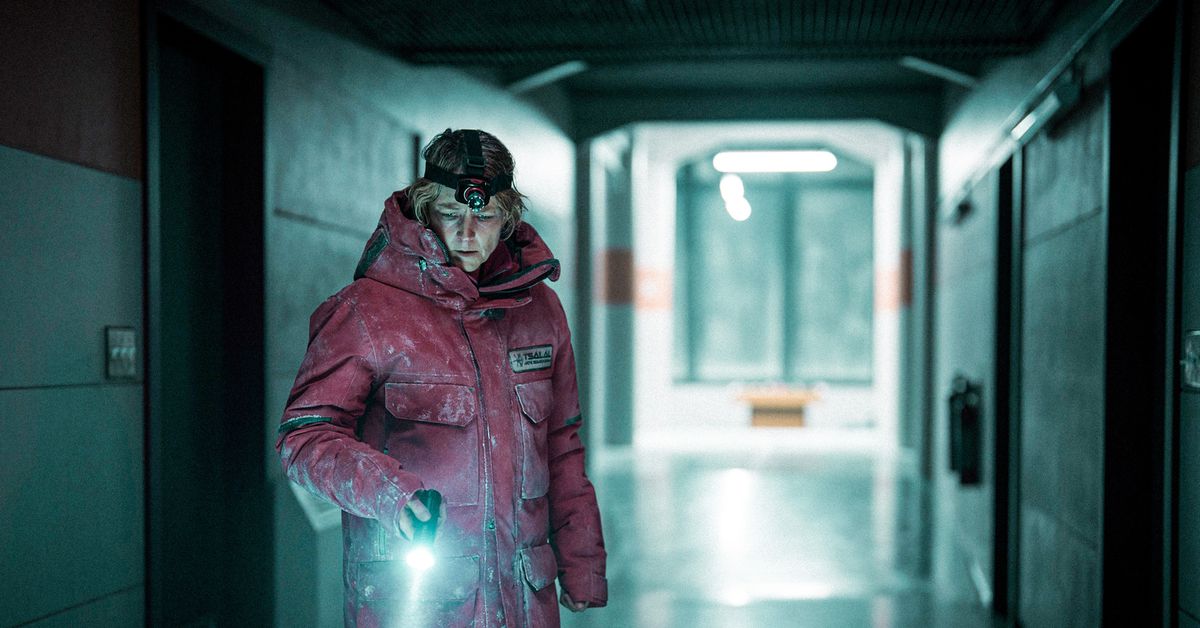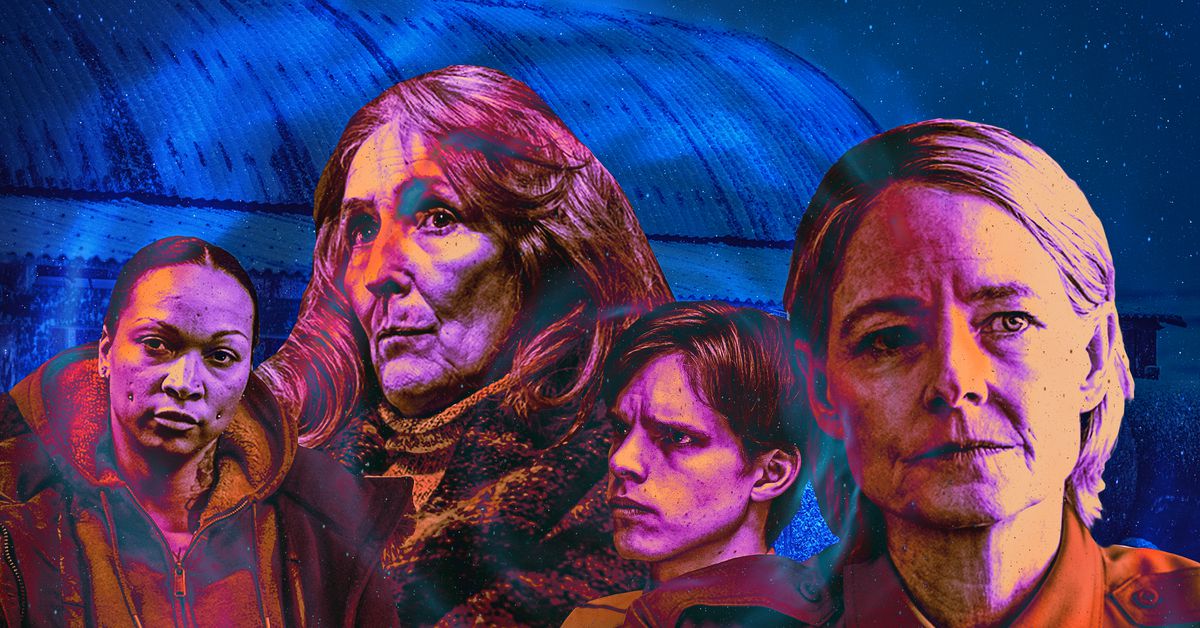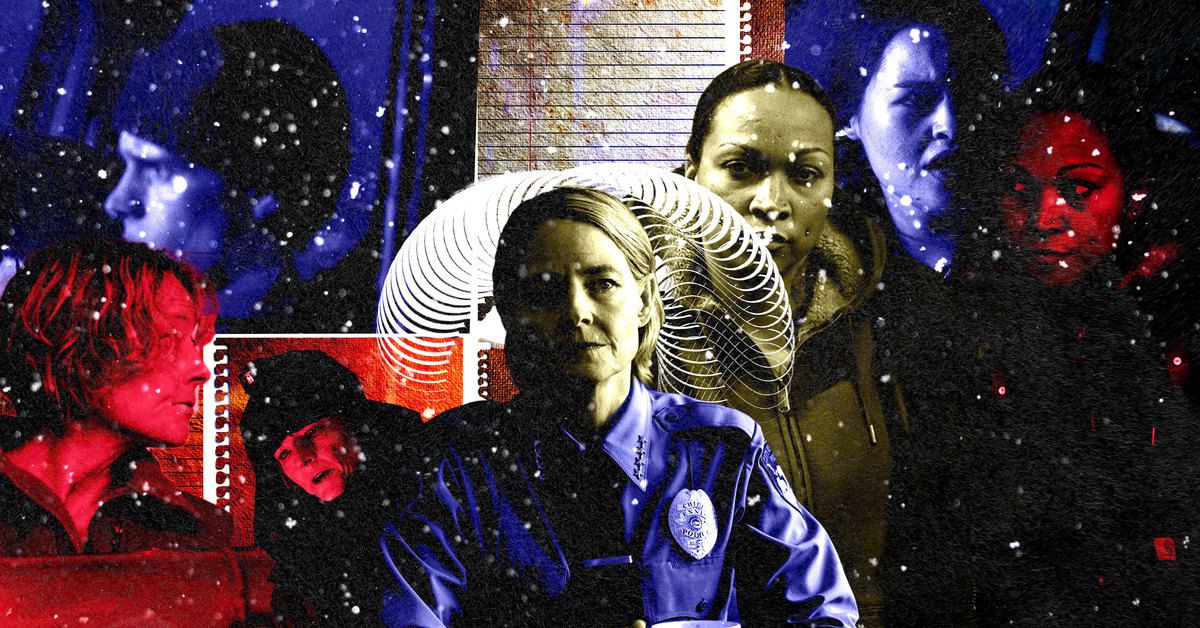'True Detective: Night Country' star Kali Reis slams series creator Nic Pizzolatto for reposting fan rants about the series finale.

ew.com
True Detective creator criticized by Night Country star for shady posts about finale: 'That’s a damn shame'
Series creator and executive producer Nic Pizzolatto is being slammed for sharing critical fan rants on social media.
By
Shania Russell
Published on February 20, 2024
After weeks of nonstop questions, speculation, and polar bear theories,
True Detective: Night Country finally provided answers in its devastating
season finale. But not everyone is happy with how the mystery concluded.
True Detective creator
Nic Pizzolatto is apparently among the season’s critics after making his feelings known in a series of now-deleted social media posts.
According to screenshots shared on X (formerly Twitter), Pizzolatto seemingly
reposted several fan messages on Instagram Stories criticizing the fourth season as
a “hot mess” that “butchered and misappropriated” the first season’s “all time classic dialogue.”
This comes weeks after Pizzolatto, who is credited as an executive producer on the fourth season, alluded to his complaints in another
since-deleted post where he told a critical fan, “I certainly did not have any input on this story or anything else. Can’t blame me.”
Kali Reis and Jodie Foster in 'True Detective: Night Country' and Nic Pizzolatto.
GREGG DEGUIRE/GETTY IMAGES; MICHELE K. SHORT/HBO
True Detective: Night Country, created by Issa López and headlined by two-time Oscar winner
Jodie Foster and boxer-turned-actor Kali Reis, centers on the mysterious murder of an Indigenous Alaskan woman. The season marks the fourth entry in the anthology saga, and the first without writing credits from Pizzolatto.
Pizzolatto's social media activity has certainly not gone unnoticed by the show's fanbase, many of whom have
slammed the series creator as “
petty” and “
embarrassing" for his commentary. The posts also caught the attention of Reis, who didn’t hesitate to comment on X.
“That’s a damn shame,” season 4 star Reis
wrote, retweeting one response to Pizzolatto’s posts. “But hey I guess ‘if you don’t have anything good to share, shit on others’ is the new wave.”
Representatives for Pizzolatto and López did not immediately respond to EW’s request for comment.
López previously spoke of Pizzolatto’s criticism in a January interview with
Vulture.
“I believe that every storyteller has a very specific, peculiar, and unique relation to the stories they create, and whatever his reactions are, he’s entitled to them," López said at the time. "That’s his prerogative."
She continued, “I wrote this with profound love for the work he made and love for the people that loved it. And it is a reinvention, and it is different, and it’s done with the idea of sitting down around the fire, and [let’s] have some fun and have some feelings and have some thoughts. And anybody that wants to join is welcome.”
Jodie Foster and Kali Reis in 'True Detective: Night Country'.
MICHELE K. SHORT/HBO
The season includes
several easter eggs linking the story to the first season, including a callback to the infamous "time is a flat circle” line, spoken by
Matthew McConaughey’s Rust Cohle.
Lopez told EW that this was not for the purpose of appeasing longtime fans with a familiar reference, but because it served the story.
"I do know that the hardcore Pizzolatto Forever fans are going to perhaps believe that it was put there just to appease them, but it's not true," López said in an interview conducted in January. "That phrase, it was not something that I planned on putting in the series at all. I think it's super cheesy to say, 'I will find a place to put this.' It's absolutely organic and it came from the script."



























